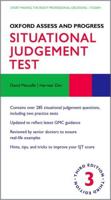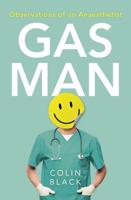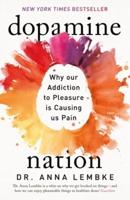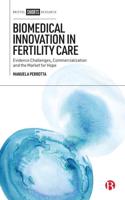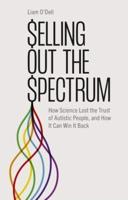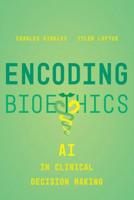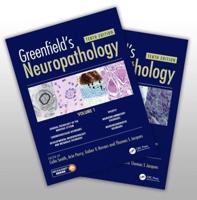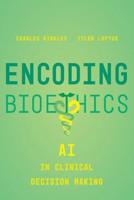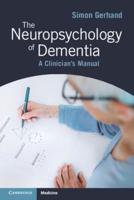Publisher's Synopsis
Scientists and philosophers have long struggled to answer the questions of when human life begins and when human life has inherent value. The phenomenon of identical (monozygotic) twinning presents a significant challenge to the view that human life and human personhood begin at conception. The fact that a single embryo can split to generate two (or more) genetically identical embryos seems to defy the notion that prior to splitting an embryo can be a single human individual. In Untangling Twinning, Maureen Condic looks at the questions raised by human twinning based on a unique synthesis of molecular developmental biology and Aristotelian philosophy. She begins with a brief historical analysis of the current scientific perspective on the embryo and proceeds to address the major philosophic and scientific concerns regarding human twinning and embryo fusion: Is the embryo one human or two (or even more)? Does the original embryo die, and if not, which of the twins is the original? Who are the parents of the twins? What do twins, chimeras, cloning, and asexual reproduction in humans mean? And what does the science of human embryology say about human ensoulment, human individuality, and human value? Condic's original approach makes a unique contribution to the discussion of human value and human individuality, and offers a clear, evidence-based resolution to questions raised by human twinning. The book is written for students and scholars of bioethics, scientists, theologians, and attorneys who are involved in questions surrounding the human embryo.

